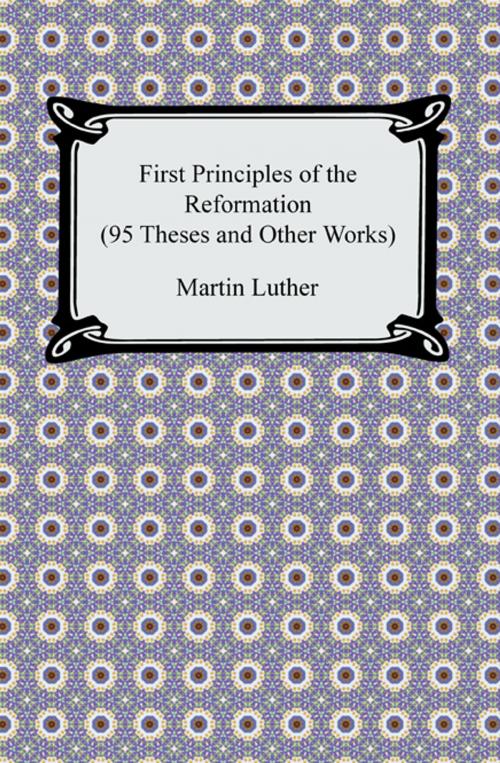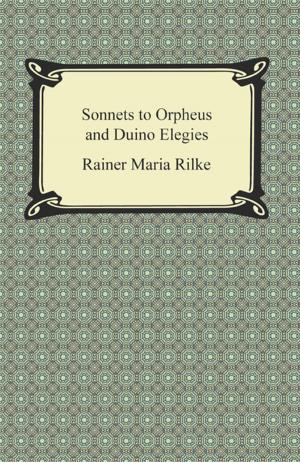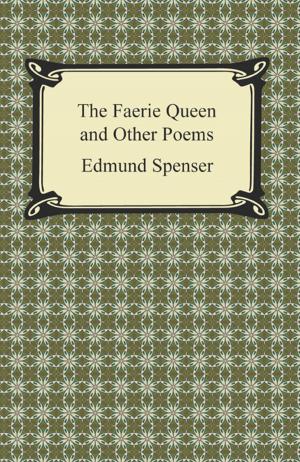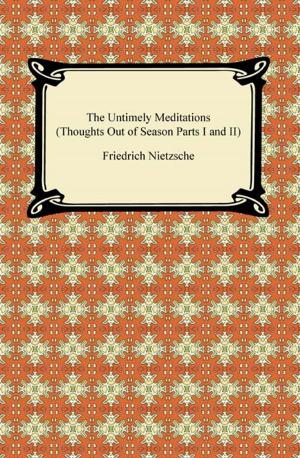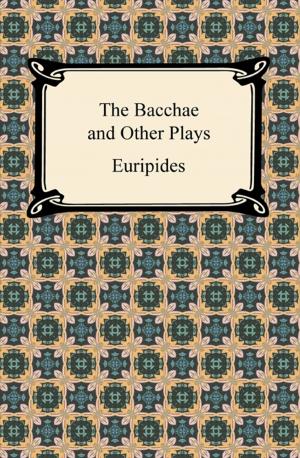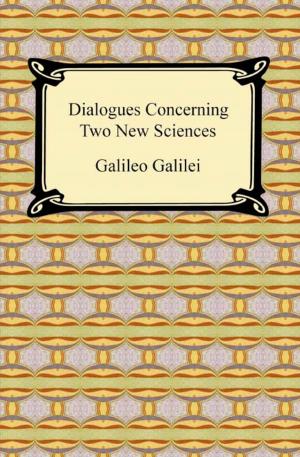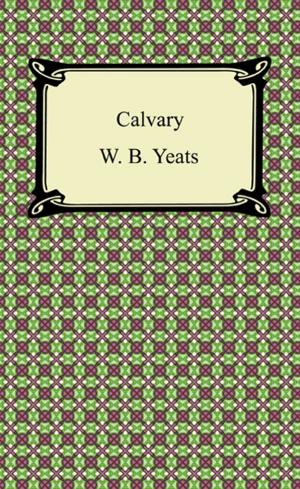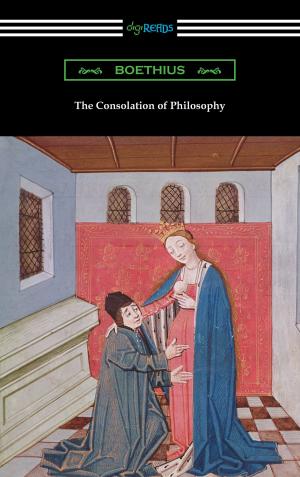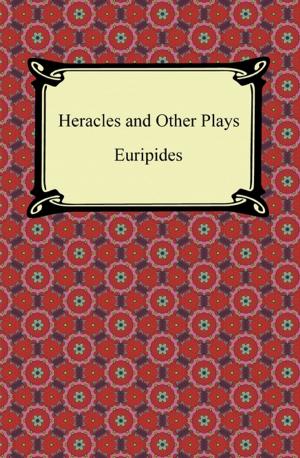First Principles of the Reformation (95 Theses and Other Works)
Nonfiction, Religion & Spirituality, Christianity| Author: | Martin Luther | ISBN: | 9781420943733 |
| Publisher: | Neeland Media LLC | Publication: | December 15, 2009 |
| Imprint: | Digireads.com Publishing | Language: | English |
| Author: | Martin Luther |
| ISBN: | 9781420943733 |
| Publisher: | Neeland Media LLC |
| Publication: | December 15, 2009 |
| Imprint: | Digireads.com Publishing |
| Language: | English |
In 1517, Martin Luther challenged the Catholic Church, and ultimately altered the course of European history, when he nailed his "95 Theses on the Power and Efficacy of Indulgences" on the door of Castle Church in Wittenberg, Germany. At the time, Renaissance humanists were beginning to oppose the reign of the Church and the wealth it accrued from taxes and the sale of Indulgences to the people. A monk and a scholar, Luther intended to promote independent thinking with the translation of the Bible into the vernacular. He wanted people to read the words and understand God in terms of their own experience. Unsurprisingly, he was ordered by the pope to print a retraction, which he refused; he was ultimately excommunicated, and his action prompted the Protestant Reformation. This edition contains Martin Luther's "95 Theses", as well as the three other primary works of Martin Luther: "To the Christian Nobility of the German Nation Respecting the Reformation of the Christian Estate", "Concerning Christian Liberty", and "On the Babylonish Captivity of the Church".
In 1517, Martin Luther challenged the Catholic Church, and ultimately altered the course of European history, when he nailed his "95 Theses on the Power and Efficacy of Indulgences" on the door of Castle Church in Wittenberg, Germany. At the time, Renaissance humanists were beginning to oppose the reign of the Church and the wealth it accrued from taxes and the sale of Indulgences to the people. A monk and a scholar, Luther intended to promote independent thinking with the translation of the Bible into the vernacular. He wanted people to read the words and understand God in terms of their own experience. Unsurprisingly, he was ordered by the pope to print a retraction, which he refused; he was ultimately excommunicated, and his action prompted the Protestant Reformation. This edition contains Martin Luther's "95 Theses", as well as the three other primary works of Martin Luther: "To the Christian Nobility of the German Nation Respecting the Reformation of the Christian Estate", "Concerning Christian Liberty", and "On the Babylonish Captivity of the Church".
